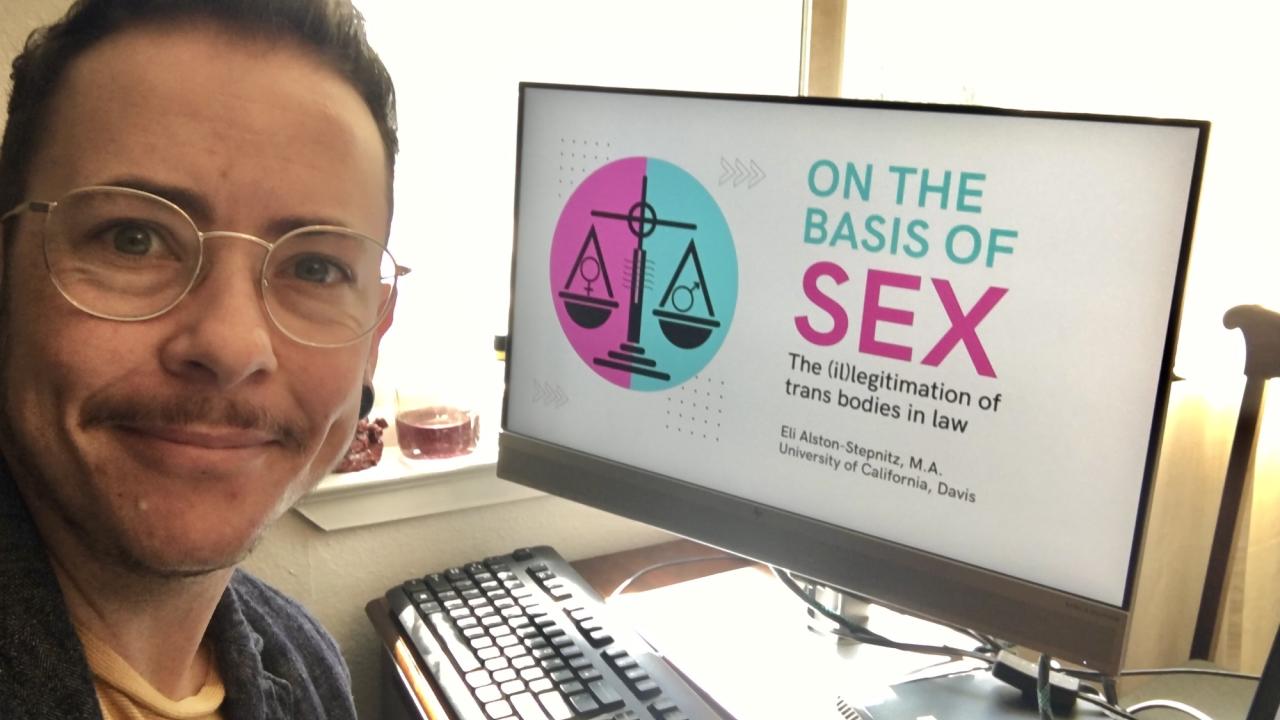I am what academics would refer to as a “nontraditional student,” a title I can’t use without cringing a bit. I dropped out of high school when I was 16 for several reasons — many connected to my own struggles with gender and sexuality. I was convinced that I didn’t belong in education, and college was certainly off the table.
Then I started a certificate program in interior design and architecture at Long Beach City College, where I happened to enroll in a sociology course.
Sociology really changed everything for me. It gave me a new lens through which to view my own experiences and the experiences of folks around me. I began to understand the ways marginalized folks are impacted by cisnormative, heteronormative, racist, classist, sexist, ableist systems and institutions. It taught me how to use my lived experiences (constantly pushing against the rigidity of social institutions) as a tool in deconstructing, reconfiguring, and reimagining those systems.
Now I’m a Ph.D. student, and sociology is my field of study. It's a pretty broad field, so I’d say within sociology my subfields are: sex and gender, science and technology, and culture — and of course how all of those things intersect with race and class.
Advice for “nontraditional” students
- Don’t sell yourself short. It can be intimidating to be surrounded by people who had very traditional academic journeys or took every AP course in high school. But those aren’t the only experiences that can benefit you in an academic setting. Holding down a part-time job, juggling multiple roles (student, child, care-taker, parent), learning to navigate bureaucratic institutions alone, and knowing how to relate to diverse groups of people can provide you with a sharply honed, well-rounded, invaluable skill set. Never feel that an experience you had in a role that wasn’t traditionally paid or labeled an “internship” isn’t important or worth naming.
- Fight against the imposter syndrome. If you feel like you don’t belong, try to remember that the problem is located within the institution, not within you.
From community college to research career
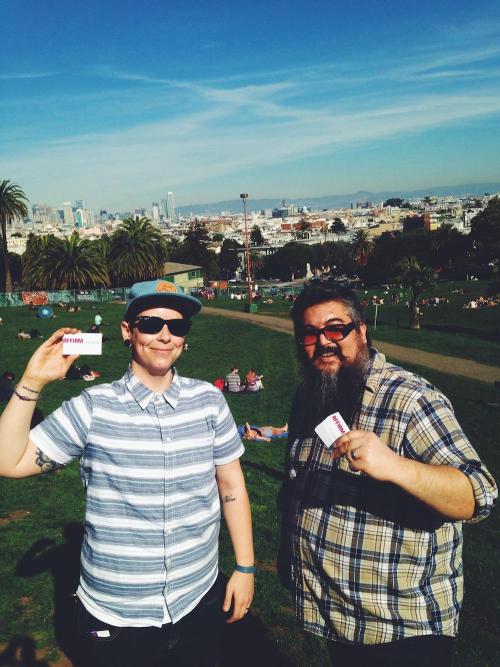
Falling in love with sociology was only the first step in a pretty long journey. I attended Long Beach City College for three years and then transferred to City College of San Francisco where I spent another three years completing my undergraduate requirements. I transferred to San Francisco State University (SFSU) and received my bachelor’s degree in 2012.
While taking courses at SFSU I realized I really enjoyed research. Not knowing how higher ed works, I went knocking on professors’ doors asking them if they needed any help on research projects. It sounds funny even to reflect on it now, but I think it showed the professors that I was serious and motivated. I learned that demonstrating your level of commitment and willingness to go outside of your comfort zone can benefit you more than previous experience. Most of them said no, but one of them said yes, and that yes really changed everything.
When I graduated, I started looking for research jobs. I applied to a lot of different jobs at private research firms in the Bay Area as well as other universities, oftentimes ignoring the fact that they stated they either explicitly wanted or preferred a candidate with a master’s degree. One of the jobs I applied to was for a full-time research job at SFSU in the Health Equity Institute. Despite not having the preferred master’s degree, I was able to use all of my undergrad research experience to demonstrate that I was a good fit for the position.
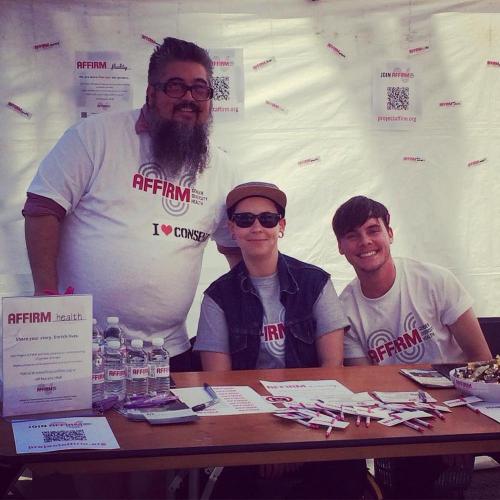
Grad school had never been something I thought about, even after getting my bachelor’s. But after working under Dr. Allen LeBlanc on two major studies focused on LGBTQ health and identity, I started to realize the broad-reaching impact of research. As a lead interviewer on both projects, I had spent over 100 hours of in-person interviews with LGBQ couples, and trans and genderqueer identified individuals. Hearing their stories make me more passionate about changing systems. I realized that there was a lot of power in deciding what types of projects are conducted. I started to think about the projects I would want to do, and the questions I wanted to ask. I knew that if I wanted to eventually be a principal investigator (PI) on the project — the person who applies for the funding and gets to be in charge of the research questions, design and overall project — I needed to have a Ph.D.
And again, I took the “nontraditional” route. I applied to Ph.D. programs even though I didn’t have a master’s (in most programs, you receive a master’s en route to Ph.D. anyway!).
I applied to six schools (four in California, one in Colorado, and one in New York) and got into four programs. I chose UC Davis mostly because I really liked the faculty in sociology. Their research interests and methods were diverse and yet everyone really respected each other’s work. I didn’t feel like there was a preference for quantitative work, or even a division into team “quantitative vs qualitative,” something that was pretty common in other programs.
Making the most of a PhD program
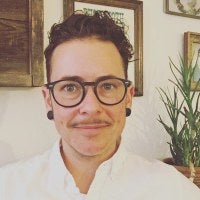
Thanks to a wonderful advisor, Dr. Laura Grindstaff, early on in my program, I connected with the UC Davis ADVANCE Social Sciences Research Initiative which had a project examining the experiences of Latina scholars in STEM. Working on that project showed me how to push against and think beyond traditional academic siloing of social science and hard science. Not only were we working to break down institutional barriers and make UC Davis more diverse, we were dispelling ideas about who does science, demonstrating the potential of and need for interdisciplinary collaborations.
With this new outlook, I was more open to opportunities outside of my department and the social sciences, including one with the Feminist Research Institute. Their Asking Different Questions Initiative explores how changing research questions and research agendas in STEM can change the knowledge that’s produced. I was involved in an interdisciplinary working group that allowed me to meet both graduate students and faculty from over 30 different departments and centers across UC Davis. I heard about their research on hundreds of topics.
This experience dispelled any preconceived notions or pressures I had about “staying in my lane” — that only certain departments or disciplines did certain kinds of research. I began to see what I bring to the table as a social scientist in the STEM field and understand that my involvement can help reframe a research project into public scholarship. (If you’ve never heard of public scholarship, there are many ways to define it, but broadly it’s research done with or for people outside of the university, to benefit the public.)
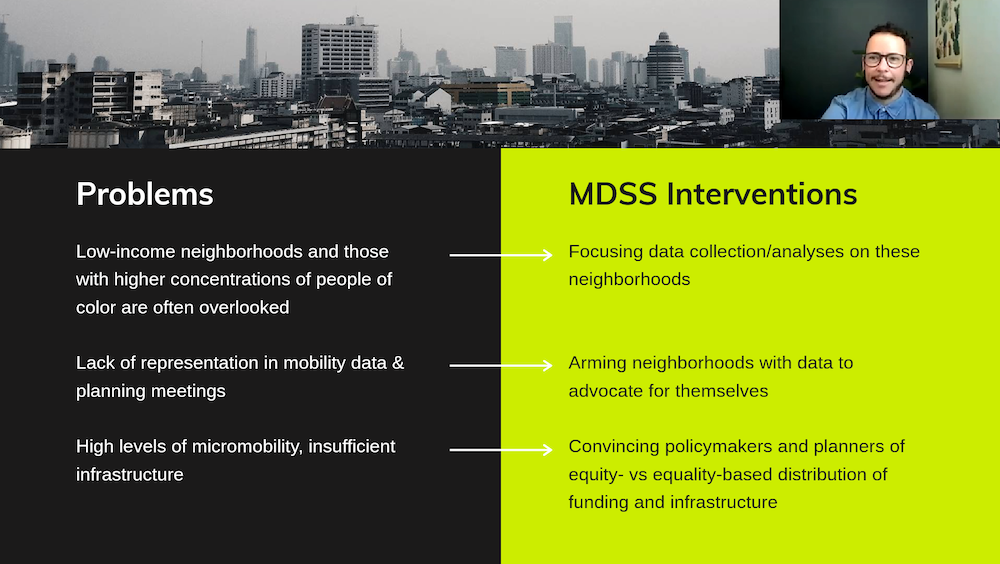
I am currently working with a few different research institutes on campus including Consumer Energy Interfaces Labs (cEnergi), the Energy and Efficiency Institute, and the Institute of Transportation Studies. I get to use the skills I’ve developed in sociology in areas I’d never previously considered — electrification, micromobility, fleets — and contribute to mobility and environmental justice projects related to affordable multi-family housing and access to new technologies.
At the same time, I continue to be involved in really meaningful social science programs, like the sociology mentorship program as well as the Mentor-Mentee Program in Humanities, Arts, Cultural Studies and Social Sciences. And I continue to share my own bumpy and winding path as a way to normalize “nontraditional” routes and aspirations.
Crossposted and edited from Public Scholarship and Engagement's blog.
Eli Altson-Stepnitz is a graduate student in the department of sociology at UC Davis.
